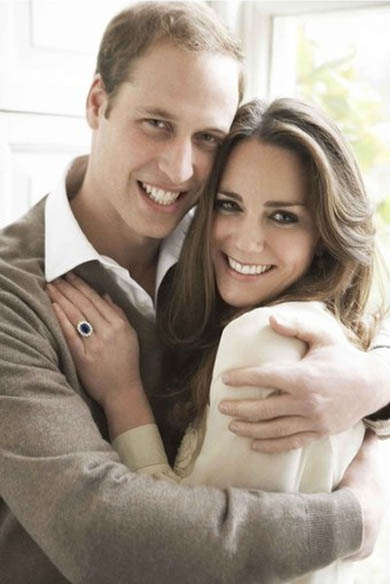
Mario Testino
Above Prince William and Kate Middleton’s choice of Mario Testino for the official engagement portraits led to the media dissecting everything from tradition to fashion.
There have been many stories this month not just on the Royal Wedding, but on how unimportant the Royal Wedding is. It’s almost a backlash, as surveys go out asking if people would rather attend Kate Moss’s wedding over Kate Middleton’s, or if The X Factor is more important than the Royal Wedding.
There seem to be two underlying currents behind the types of articles. The first is anti-monarchy: the idea that this is an antiquated construct and why on earth should we care? The second is the opposite, decrying how far we have slipped from civilization if manufactured celebrities rank above the family of the head of state.
This entry doesn’t analyse the merits of monarchy versus republicanism, other than to remark that both systems still result in some degree of institutionalization. If we simply were to take Britain versus France, both nations still create, as far as publications like ours are concerned, certain people who are hyped, people whom we would label celebrities, stories about whom are packaged for general consumption.
The republic of the United States has economies for some celebrities larger than numerous national economies, celebrating their entertainment value. When it comes to who gets the most eyeballs in publications like ours, it’s Lady Gaga who outranks Kate Middleton in the last few days, even if the Royal Wedding was the most searched-for topic over the past fortnight.
Gaga is an entertainment force, and she differs from some of her predecessors in her personal and conscious manipulation of her fame. There is almost an admirable subtext to songs such as ‘Born This Way’, in which Gaga tries to communicate a more unifying message of tolerance, while The Fame Monster details the darker side of a media-obsessed culture.
Her detractors are, if one scans the headlines over the past month, relatively few. She nets headlines for whacky clothing and ‘Judas’ has received criticism despite not even having been released, though it would not be the first time she has been accused of blasphemy.
But overall, examining her record of songs and the use of her fame for some philanthropy, Gaga seems to be more a force for good, one which sees her fans return for further news of the singer.
In putting up news of her in these pages, we haven’t exactly aimed for much more than documenting the impact of a celebrity in our Zeitgeist, surely the task of any fashion magazine. It’s not just her clothing, but the fact that she is in vogue, and that has consequences in how we determine modern style.
We have, however, had a more selfish motive in seeing how The X Factor develops in the US. In the greater scheme, whomever judges the American version of the show is not that important. When those videos become available to our publication, we will be tempted on a quieter news day to publish; and if Cheryl Cole happens to be a L’Oréal spokeswoman, then all the better for relevance to our core readers. Cole is part of the Zeitgeist, though not as much as Gaga; and one article in the past week was intentionally put up as an experiment to see whether there was indeed more interest in The X Factor than in the Royal Wedding, with one article for each topic going online in the same hour. As it so happened, the Royal Wedding won. (We know it’s hardly scientific and one would have to examine the sample, the headline’s quality, and the availability of rival media covering the same story. But please bear with us.)
We might conclude that in such a publication as Lucire, of course there is interest in the Royal Wedding, especially in whom will dress Kate Middleton on April 29. It’s been a regularly discussed topic (internally, Sarah Burton is the favourite). We could say that the source of the interest is the Royal Family’s media machine, or the desire by media to show that it is loyal to the Royal Family. From a media point of view, they were savvy enough to have hired Mario Testino for the initial engagement portraits, which then prompted instant analyses by fashionistas and royal-watchers alike in ensuing days.
But, surely, few would care if either Wills or Kate were vilified, no matter how hard either institution tries. HRH Prince William’s father’s image was not at its highest when he married the former Mrs Camilla Parker-Bowles, hence a relatively quiet media on their wedding day.
This is not the situation of a train-wreck which must spur the Charlie Sheen coverage; media attention for which is happily decreasing. It was indeed a shame when media began covering the incomprehensible utterings of an actor over the devastation in Japan, but either good or bad news sells, and Mr In Between is something that media neither wish to mess with, or give many column inches for.
It is a reasonably positive image of the Prince, and in a not insubstantial manner, the perceived goodwill of his mother, that might account for some of the public fascination; and the desire to share in a "good news" story. In a less media-connected age, the Prince’s parents’ support came from the belief that these two people were inherently decent, and while royal scandals are nothing new, 1981 was a time before the Wapping dispute, before wire-tapping gave us insights that monarchists would rather forget, and before mainstream media lost their ability to guarantee greater homogeneity of opinion. Even if it were not the media, the souvenir licensees alone had us far more fascinated about Charles and Diana than William and Catherine.
Whether Britain, Sweden or Belgium should have a hereditary head of state is one matter, but we would like to think that, in most cases, people wish to follow whom they believe to be good people, and that, at least as far as our stats go, the Royal Wedding is more in the Zeitgeist than Chezza, Simon Cowell and The X Factor judging panel. In today’s world, the powers that be can only do so much, but if the public demand isn’t there, then their influence will always be limited.—Jack Yan, Publisher

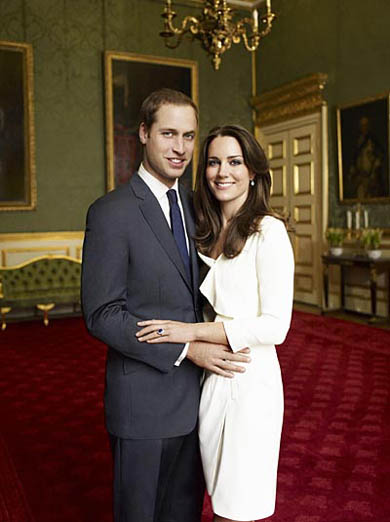
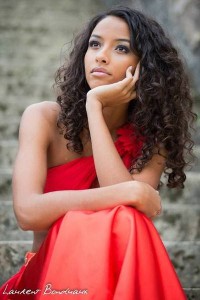
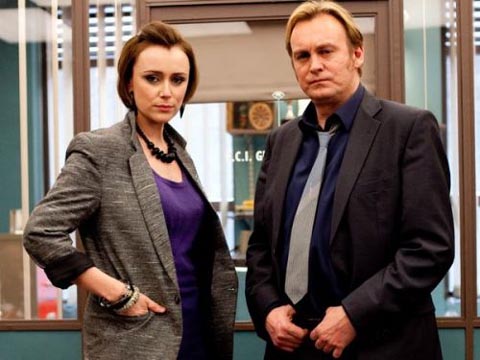
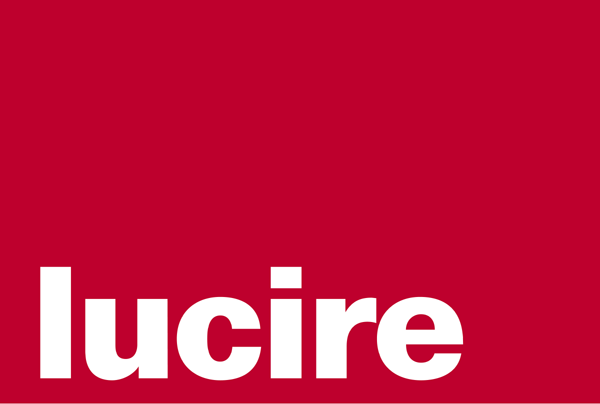

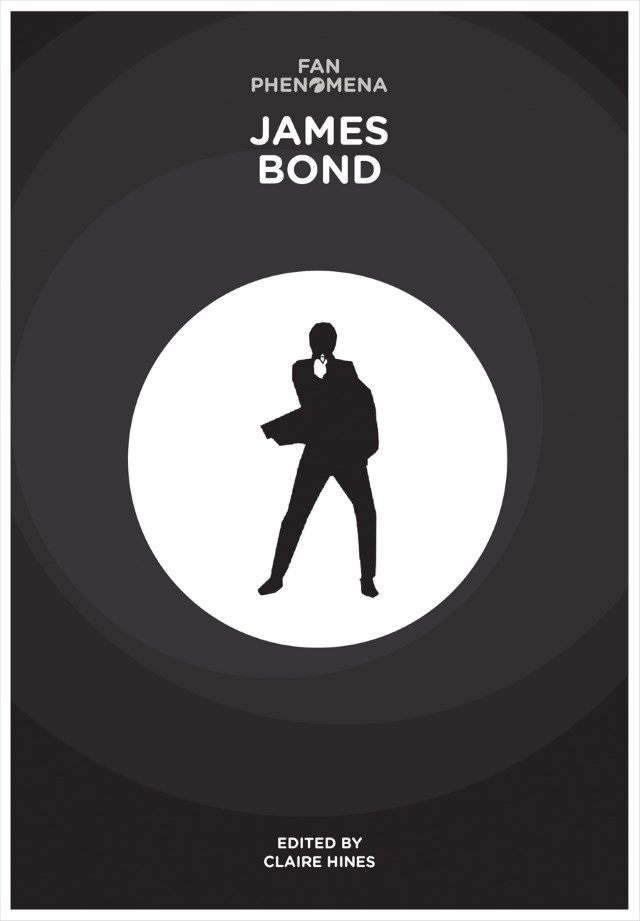
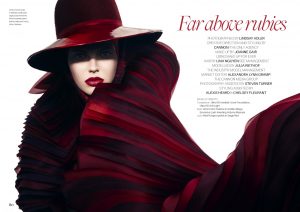
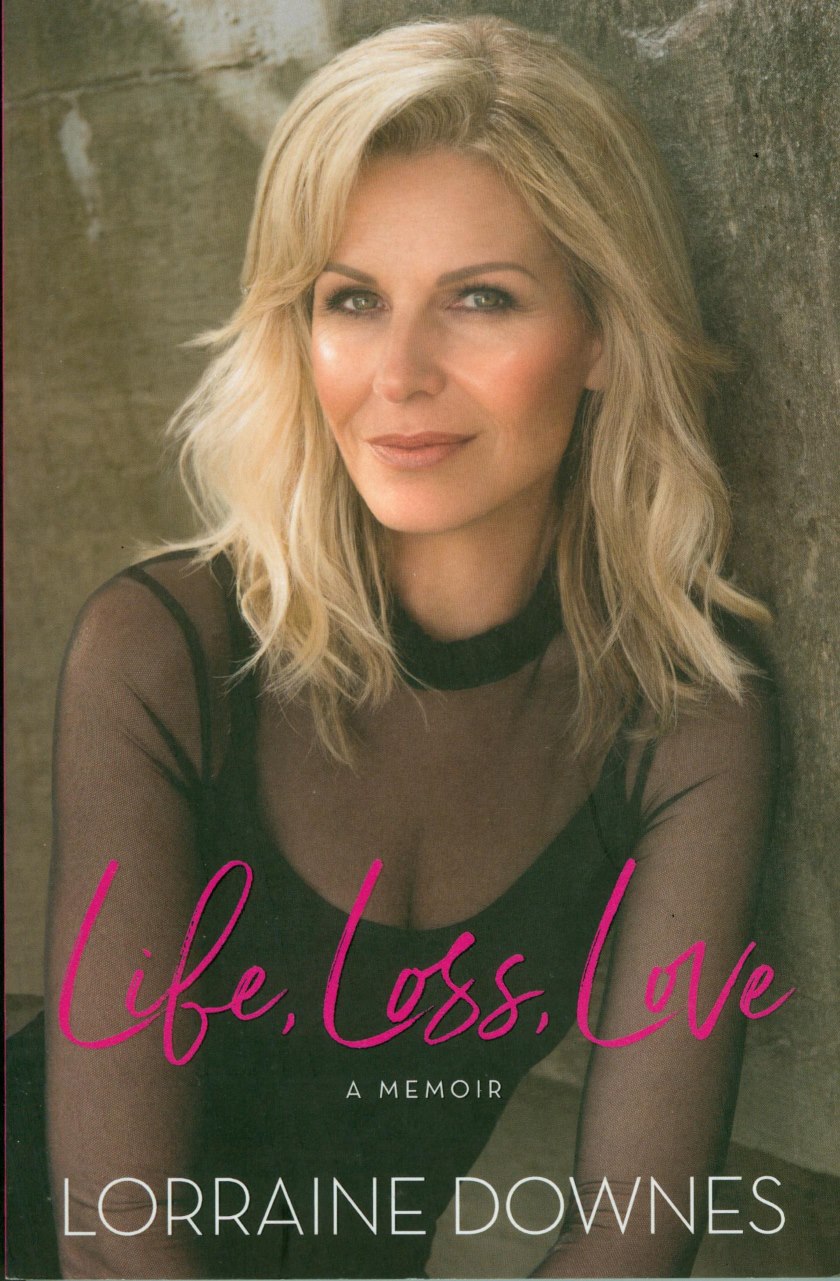
Hey, Jack…
Thoughtful and insightful commentary as per. However, I think I would have to disagree that no-one would care were Kate or William vilified down the line. I think a lot of people (myself included) would. The monarchy has (rightfully) taken a bad rap in the last 25 years, and I believe many people are looking to Wills and Kate to restore honor, dignity, and finally, a modern sense of warmth previously absent from public view. I think a lot is at stake here image-wise. Another point, I believe that many, many people want William to succeed. He has always appeared to be a nice, respectful, sensitive young man with his feet firmly on the ground. And, especially considering that the marriage of Prince Charles and Diana went sour, I think the public wants a happy ending and a more accessible monarchy, which I think William and Kate’s influence could make happen. Finally, one word: ESCAPISM. In the current economic climate, the recent natural disasters and political unrest in the Middle East and Africa, people want to escape, to have something fun and joyous to be hyped and excited about. At least, that’s how it feels for me. In short, this wedding could not come at a better time.